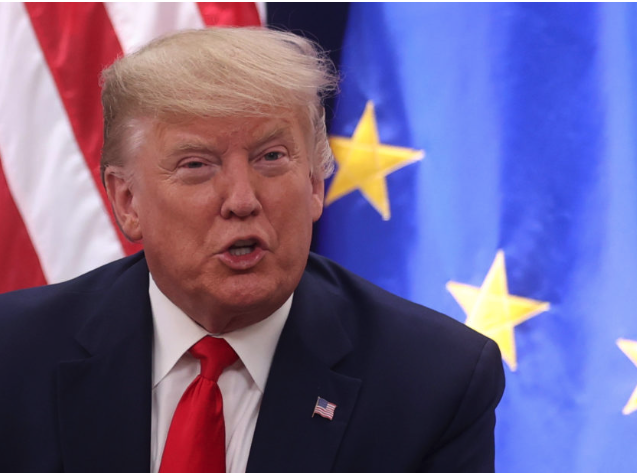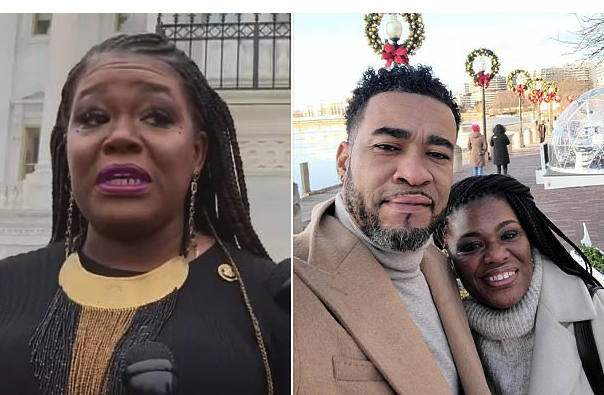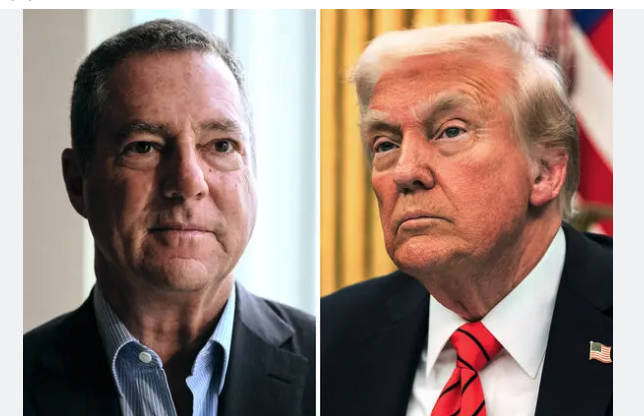On Wednesday, Jerod Mayo, a former New England Patriots linebacker, was named the new coach of the team. This news quickly became viral after Mayo’s response to a question about race during a press conference.
When asked about being the first black coach in Patriots history, Mayo responded, “I do see color.” He went on to explain that if one does not see color, one cannot see racism. He emphasized the importance of acknowledging and understanding different races in order to address and combat racism.
“I do see color,” he said during the press conference while sitting next to team owner Robert Kraft. “I believe if you don’t see color, you can’t see racism. And, whatever happens — black, white … even someone with disabilities — for the most part, people are like, ‘Don’t.’ When they’re young, they kinda make the spot hot.”
“But, what I would say is, no, I want you to be able to go up to those people, really understand those people,” Mayo continued. “So, that goes back to whatever it is — black, white, yellow — it really doesn’t matter, but it does matter so we can try to fix a problem that we all know we have.”
Many online praised Mayo for his response, with some calling it a “good and progressive” answer. Former NFL quarterback Robert Griffin III even tweeted in support of Mayo, saying he “isn’t scared to say it with his chest” and is “standing on business.”
However, some had a different opinion on Mayo’s comments. They argued that his response is just a “pseudo-profound reaction to colorblindness” and that he could have handled the question better.
One person pointed out that when someone says they are “colorblind,” they are not saying they don’t see a person’s skin color. They are saying they do not judge or treat people differently based on their race. By saying he “sees color,” Mayo may be implying that he does judge or treat people differently based on their race.
Others compared Mayo’s response to that of Tampa Bay Buccaneers Coach Todd Bowles. When asked about facing off against Steelers Coach Mike Tomlin, who is also black, Bowles responded, “We don’t look at what color we are when we coach against each other; we just know each other.” This response shows a level of colorblindness that Mayo’s response may have lacked.
Some also pointed out that Mayo’s answer may have been influenced by the context of the question. Mayo was asked specifically about being the first black coach in Patriots history, and his response was in line with that context. However, if he had been asked a more general question about his thoughts on race, his response may have been different.
“I do see color, because I believe if you don’t see color you can’t see racism.”
Jerod Mayo on being named the first black head coach in Patriots history. pic.twitter.com/toTTJ6CrB3
— New England Patriots (@Patriots) January 17, 2024
In comparison, Bowles’ response was more inclusive and showed that race should not be a factor in how coaches interact with each other. This is important in a league where the majority of players are black, but the majority of coaches and owners are white.
Many also pointed out that Mayo’s comments may have been influenced by his personal experiences. As a black man, he may have faced discrimination or racism in the past, leading him to believe that acknowledging and understanding race is necessary in addressing these issues.
It is clear that Mayo’s response sparked a debate online about the best way to approach issues of race. Some praised him for his honesty and openness, while others criticized his response for lacking inclusivity and a broader perspective.




